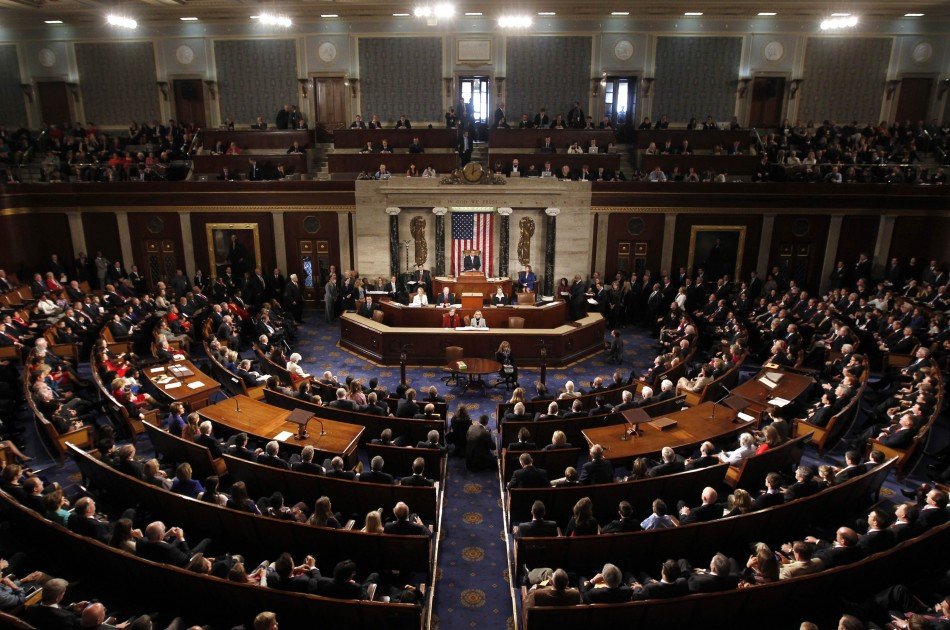U.S. House passes measure to negotiate sea incidents with Iran

TEHRAN – The U.S. House of Representatives on Thursday unanimously passed a measure which requires the Pentagon to consider options for negotiating an Incidents at Sea Agreement with Iran and other countries operating in the Persian Gulf.
Introduced by representatives John Conyers and Ruben Gallego, the move was voted unanimously to be included in the annual National Defense Authorization Act.
The House approved the act on Friday, authorizing $696 billion in defense spending in fiscal year 2018, well above the $603-billion plan President Trump had requested in May.
Before being signed into law, the bill must be ratified by the Senate, as well.
An incidents at sea agreement between the U.S. and Iran would not be the first time two countries with tense relations have been able to effectively maintain civil interactions for the sake of peace.
In 1972 the U.S. and USSR signed such an agreement to avoid unnecessary collisions and miscalculations, which resulted in success for both sides and a reduction in the frequency of naval encounters between the two nations.
The step signifies one area where U.S. policy can shift back towards diplomatic engagement, and where the U.S. and Iran can pursue dialogue.
The measure requires the U.S. Defense Department to write a report on the feasibility and the advisability of negotiating an Incidents at Sea Agreement with Iran.
The Iranian side has not commented on the move so far.
Making diplomatic channels a priority in case of sea incidents becomes more meaningful in the context of the current political atmosphere in Washington with tensions between Tehran and Washington escalating since inauguration of the Trump administration in January.
In his presidential trail, Donald Trump pledged that any Iranian vessels that harass the U.S. Navy in the Persian Gulf would be "shot out of the water”.
The U.S. Navy’s presence in the Persian Gulf, Iran says, has jeopardized the security and stability of the Strait of Hormuz, "the world’s most important oil chokepoint.”
In 2015, there were roughly 30 dangerous interactions between Iranian and U.S. Navy warships in the Persian Gulf, according to the U.S. Navy’s 5th Fleet, with a 50-percent increase by August 2016.
Back in March, an official with the Islamic Revolutionary Guards Corps’ navy said that unprofessional acts by the U.S. Navy in the Persian Gulf may have “irreversible consequences.”
The comments followed after IRGC fast-attack vessels forced the USNS Invincible and three ships from the British Royal Navy accompanying it to change direction in the Strait of Hormuz, the first such incident under the Trump administration.
The last serious naval incident was in January when a U.S. destroyer fired three warning shots at four Iranian fast-attack vessels near the Strait after they closed in at high speed.
Also, in January 2016, 10 Americans, including one woman, were arrested by the naval forces of the IRGC after entering Iranian waters, released hours later.
The quick de-escalation of the development was due to personal diplomacy between Secretary of State John Kerry and Foreign Minister Javad Zarif, who had already, together with five other foreign ministers, forged the Iran nuclear deal.
The National Iranian American Council has voiced strong support for the House’s decision.
AK/PA

Leave a Comment